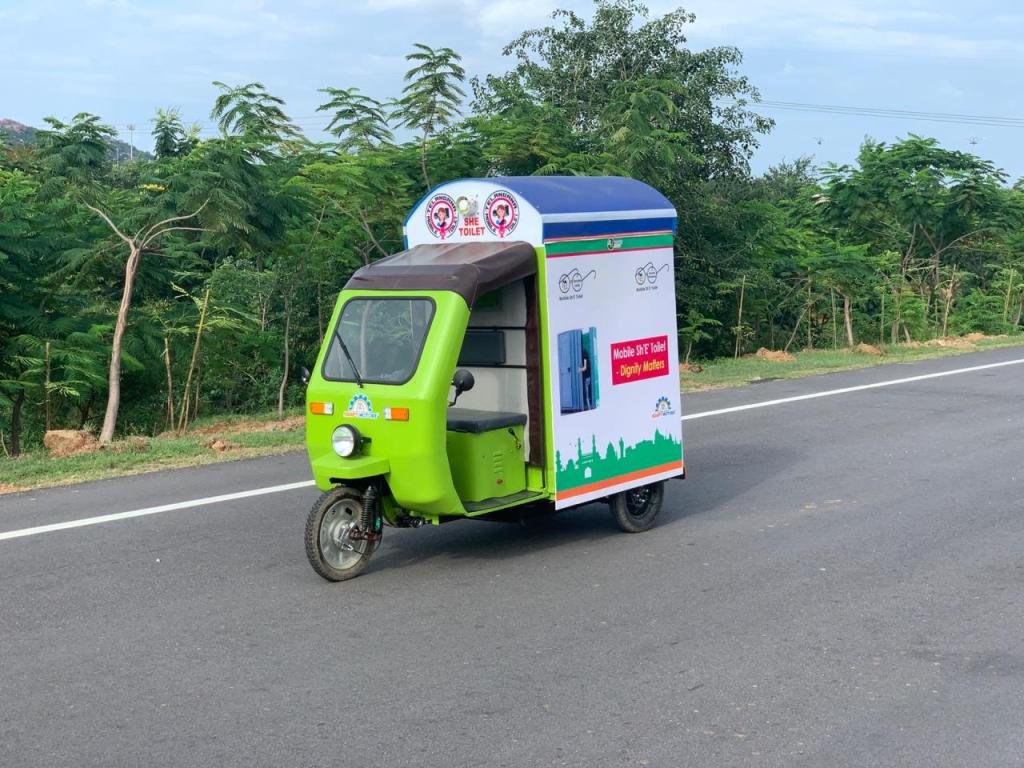Waving a Green Flag for EV in South India.

Reviving Economies with Sustainable Mobility
In the wake of the lockdown, state governments across India are diligently working to rejuvenate their economies. As part of this effort, many are implementing policies that prioritize both long-term growth and ecological sustainability. The south indian states ecological contributions in economic development are particularly noteworthy, with any initiatives from these key regions having a significant impact on the national economy.
Last week, the Telangana Government launched its electric vehicle policy Telangana, introducing a comprehensive set of incentives aimed at promoting electric mobility. This policy provides consumers with substantial benefits, including tax waivers and the elimination of certain levies from the road transport department. Major industrialists and auto manufacturers have welcomed this step, recognizing the valuable tax benefits of EV. By fostering collaboration among various departments, the Telangana EV policy seeks to encourage the purchase and use of a vehicle that’s more eco -friendly, thereby invigorating the EV industry and the broader automotive sector.
This week, the Tamil Nadu Government followed suit with a similar initiative. The Tamilnadu government industrial policy on ev vehicles includes a variety of incentives designed to stimulate EV purchases in the near future. The embrace of electric vehicles in the Deccan and Dravida regions promises to usher in a new era for the Indian automotive industry. Although the South Indian states were initially cautious before the lockdown, current government initiatives have now paved the way for widespread adoption of eco-friendly transportation options.
A notable shift is already occurring in the market, with logistics owners and suppliers increasingly turning to e-mobility. The logistics sector is optimizing its operations to address the cash flow challenges faced during the lockdown. Major eCommerce players like Amazon, Flipkart, Bigbasket, and Swiggy are actively encouraging their vendors to incorporate EVs into their fleets, leveraging the distinct advantages that electric vehicles offer over traditional internal combustion engine (ICE) vehicles, especially for last-mile delivery.
While the COVID-19 pandemic has posed significant challenges to both lives and economies, it has also imparted crucial lessons about sustainability. People are increasingly aware of the environmental consequences of their choices, and there is a growing recognition that transitioning to EVs is vital for a sustainable future.
Key Insights
If you’re considering “Is EV a good option?”, it’s essential to evaluate factors such as What is the cost of EV charging in Telangana? and What is EV bike subsidy in Tamilnadu? Many are also curious about “How much does South India contribute to the Indian economy?” The commitment from original Indian car manufacturing company to produce electric vehicles represents a positive stride toward enhancing sustainable transportation. Additionally, questions about What is the size of EV logistics market in India? Are becoming more relevant as the industry grows. In the blogs futher we are going to address some of the above given questions.
In conclusion, as South Indian states implement robust electric vehicle policies, the landscape for renewable energy and e-mobility is becoming increasingly promising, setting the stage for a greener, more sustainable future.



